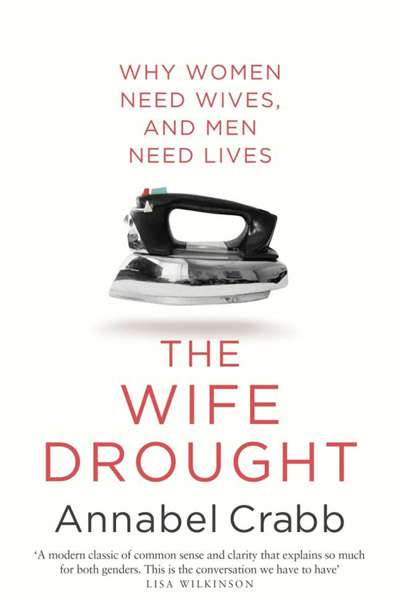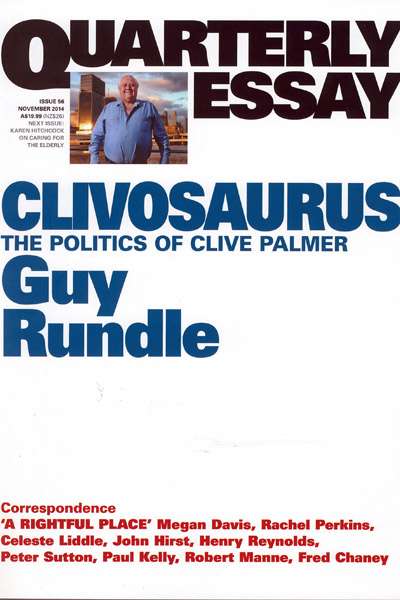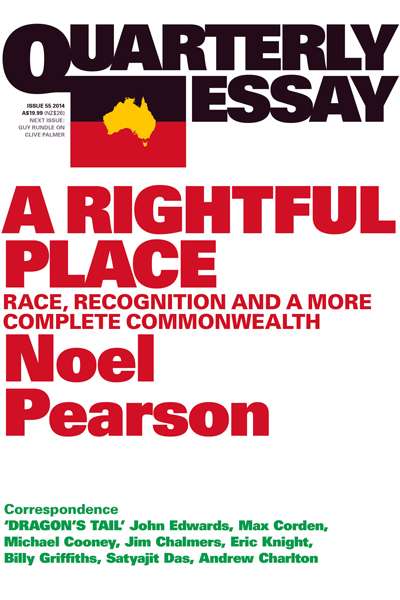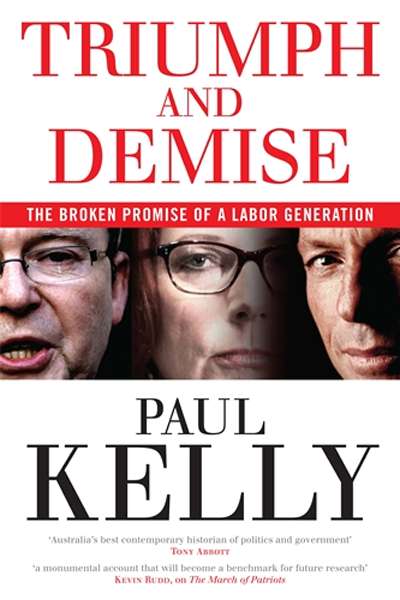Australian Politics
The Wife Drought: Why women need wives, and men need lives by Annabel Crabb
by Jessica Au •
Hell-Bent: Australia’s leap into the Great War by Douglas Newton
by Carolyn Holbrook •
Kevin Rudd: Twice Prime Minister by Patrick Weller
by Lyndon Megarrity •
Clivosaurus: The politics of Clive Palmer (Quarterly Essay 56) by Guy Rundle
by Shane Carmody •
Margaret and Gough: The love story that shaped a nation by Susan Mitchell
by Carol Middleton •
Inside the Hawke–Keating Government: A cabinet diary by Gareth Evans
by David Day •
A Rightful Place: Race, Recognition And A More Complete Commonwealth (Quarterly Essay 55) by Noel Pearson
by Jon Altman •
Triumph and Demise: The broken promise of a Labor generation by Paul Kelly
by James Walter •










